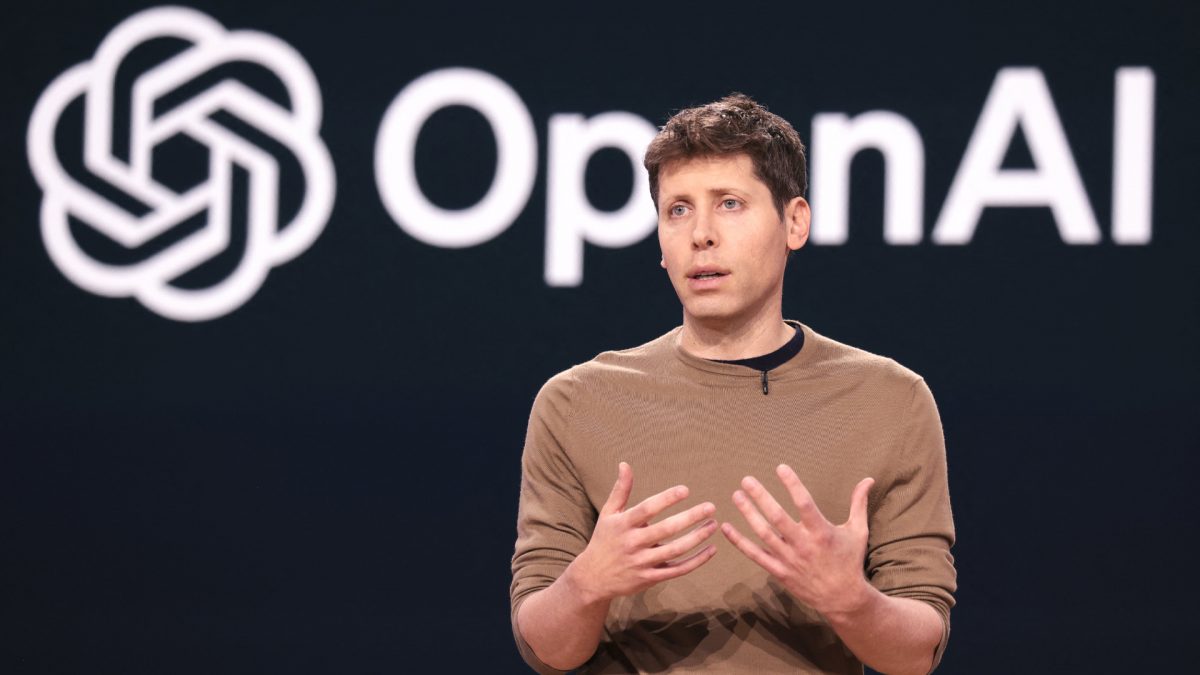OpenAI CEO Sam Altman earned $76,001 in compensation last year, according to a recent tax filing. This modest paycheck, up from $73,546 in 2022, stands in stark contrast to Altman’s estimated $2 billion net worth.
Altman has consistently maintained that he takes only the minimum salary required for health insurance and does not own equity in OpenAI. However, discussions about granting him a stake have surfaced as OpenAI explores transitioning to a for-profit model.
The filing, submitted to the IRS as part of nonprofit disclosure requirements, sheds light on **OpenAI’s financial landscape** during a tumultuous year. It marked the meteoric rise of ChatGPT, which catapulted OpenAI into global prominence, and concluded with Altman’s brief ouster following disagreements with the board.
Leadership compensation and transparency
The filing also detailed compensation for other key figures at OpenAI. Co-founder and former chief scientist Ilya Sutskever, who was involved in Altman’s ouster and later left the company, received $322,201 in 2023, making him one of the highest-paid executives listed.
Interim CEO Emmett Shear, brought in during Altman’s brief departure, earned $3,720 for what appeared to be a 10-day tenure, translating to about $338 per day.
While these figures provide some insight, they do not capture the **full scope of OpenAI’s financial** dynamics. The filing excludes equity-based compensation, a potentially significant factor given OpenAI’s soaring valuation, and doesn’t detail investments from venture capitalists into its for-profit arms. Additionally, related entities like Aestas LLC, which oversees employee and investor equity, further complicate visibility into the company’s financials.
Nonprofit finances and expanding initiatives
OpenAI’s nonprofit arm reported $5 million in public contributions in 2023, though the sources of this funding remain undisclosed. The organisation closed the year with net assets of $21 million — dwarfed by the $6.6 billion raised by OpenAI’s for-profit entities in October to fuel its AI development.
The ’nonprofit’ also expanded its philanthropic efforts in 2023. Beyond supporting universal basic income initiatives tied to Altman, it funded grants for AI ethics and journalism at NYU and partnered with nonprofits like Operation Hope to explore AI-driven economic opportunities. It also financed experiments in creating democratic frameworks for determining AI rules, collaborating with institutions like Harvard, the University of Washington, and a university in East Asia.
Global collaboration and policy goals
OpenAI’s spokesperson emphasised the company’s commitment to fostering global collaboration in addressing the challenges posed by artificial general intelligence (AGI). The expanded grants aim to support research and policy initiatives worldwide, reflecting OpenAI’s broader mission to balance innovation with ethical considerations.
As OpenAI navigates its dual identity as a nonprofit and a for-profit entity, the latest filing highlights its evolving priorities. While Altman’s modest pay underscores his commitment to the organisation’s mission, the financial intricacies and growing influence of OpenAI signal its pivotal role in shaping the future of artificial intelligence.


)

)
)
)
)
)
)
)
)



